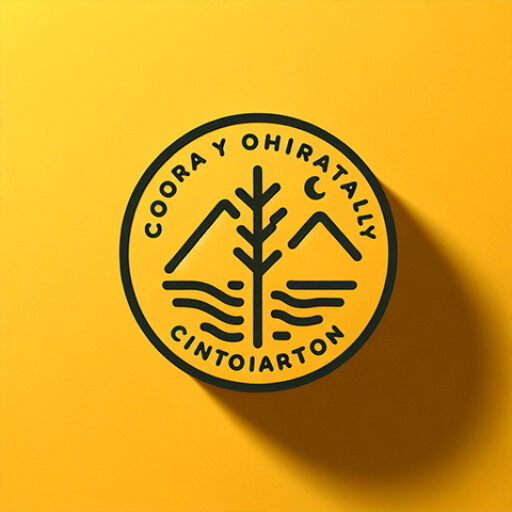Tags: Makos Swim Team, Black Swimmers Alliance, Swimming, Water Safety, St. Louis, Racial Equity, Community
Breaking Barriers at the Pool
At a swim meet near St. Louis, the Makos Swim Team, a group of young Black and multiracial swimmers, turns heads as they enter with their parents. Spectators whisper about their presence, but the team is undeterred. “We’re here to stay and show that Black kids can swim,” says Randella Randell, a swimmer’s mom. Based in North St. Louis, the Makos, coached by Terea Goodwin and Torrie Preciado, encourage kids aged 4 to 19 to compete and promote water safety in their community.
A Legacy of Exclusion in Swimming
Historically, Black Americans were barred from public pools, and even after desegregation, private swim clubs with high fees kept swimming segregated. This legacy persists—over a third of Black adults can’t swim, double the national rate, per CDC data. The Makos Swim Team and the Black Swimmers Alliance, formed by parents in 2023, aim to bridge this gap by offering swim lessons to families of color. Despite funding challenges due to federal pushback on diversity programs, they’re committed to saving lives through aquatic skills.
The High Stakes of Water Safety
Drowning is the leading cause of death for children ages 1 to 4, with Black children and adults drowning at higher rates than white peers, according to the CDC. Recent tragedies in St. Louis, like a 6-year-old’s death in a hotel pool, underscore the urgency. The Black Swimmers Alliance pushes for swim education, but many Makos parents initially couldn’t swim themselves due to historical fears and lack of access, prompting a role reversal where kids encourage their parents to learn.
Parents and Kids Learning Together
Makos swimmer Joseph Johnson, 14, inspired his mom, Connie, to take swim lessons after pointing out her lack of expertise. Similarly, Najma Nasiruddin-Crump and Joshua Crump learned to swim after their daughter Kaia joined the team. “It’s pure freedom,” Najma says of overcoming her fear of the deep end. Parents like Bradlin Jacob-Simms, a Hurricane Katrina survivor, also joined lessons, driven by the importance of water safety. Through the Black Swimmers Alliance, these parents are breaking generational barriers while their kids compete.
Overcoming Challenges and Building Resilience
The Makos face challenges beyond the pool—practicing in a YMCA without starting blocks, using makeshift equipment, and enduring disqualifications by white officials. Parents have become officials to ensure fairness, but racist comments persist at meets. Coach Terea Goodwin, a former lifeguard who rescued countless drowning children, emphasizes survival skills, like swimming in clothes. The team recites, “Some didn’t think we’d make it this far, but we have to show them,” reflecting their determination to succeed despite adversity.
A Community Effort for a Lifesaving Mission
The Black Swimmers Alliance initially aimed to fund 1,000 free swim lessons by 2025 but scaled back to 500 due to funding uncertainties. Still, they remain dedicated to supporting Black athletes in competitive swimming through school and college. Mahoganny Richardson, a Makos parent, teaches swim lessons to other parents, starting with conversations about their water experiences. “It’s not just about swimming,” she says. “It’s about overcoming something that once felt impossible,” highlighting the transformative power of this community effort.

Leave a Reply